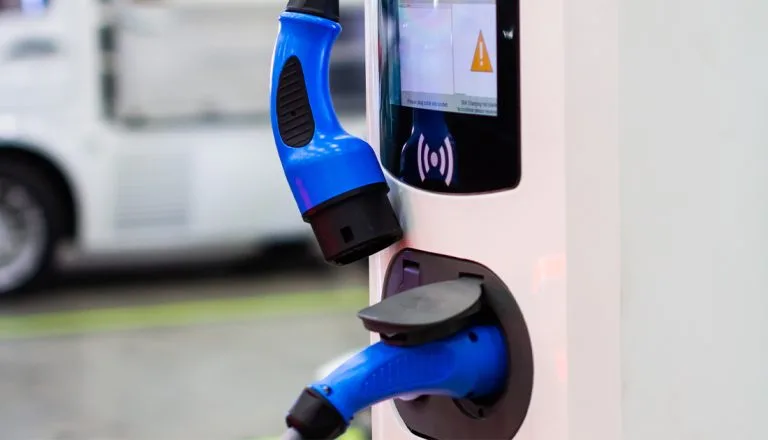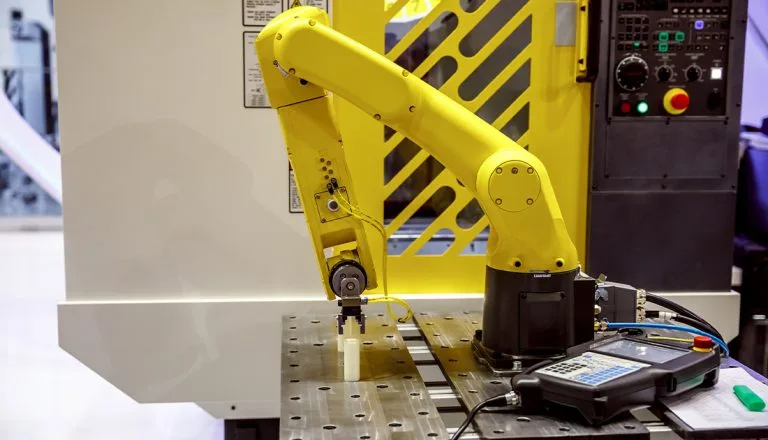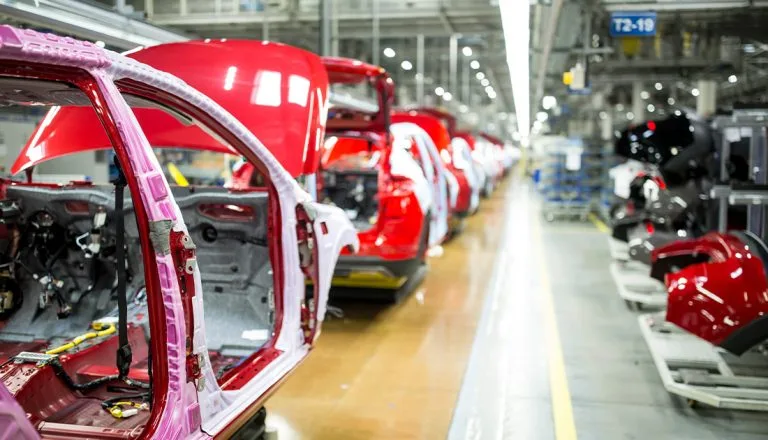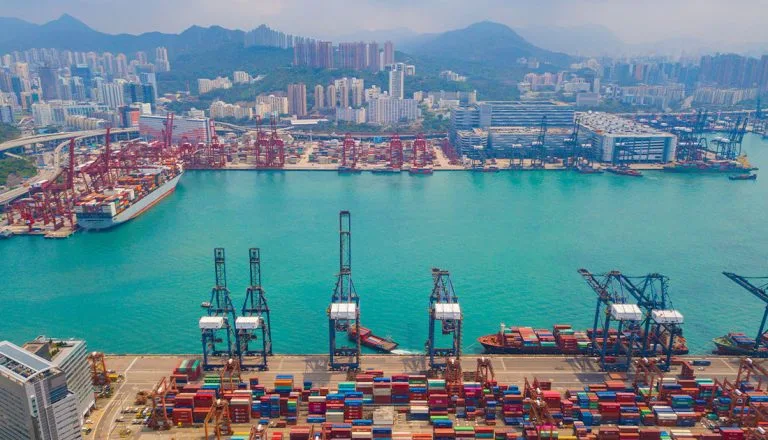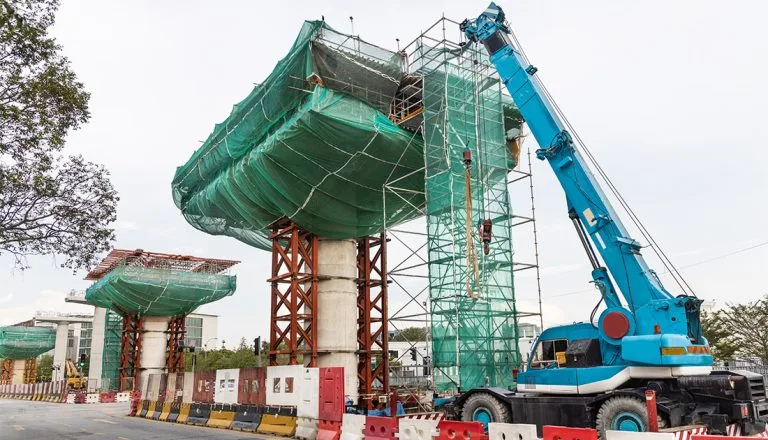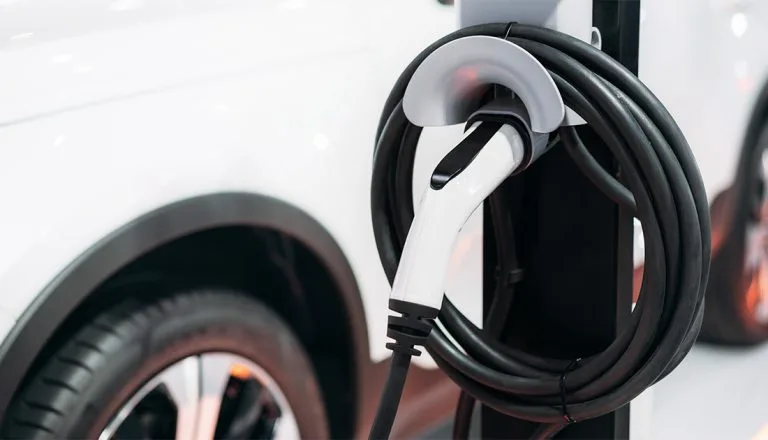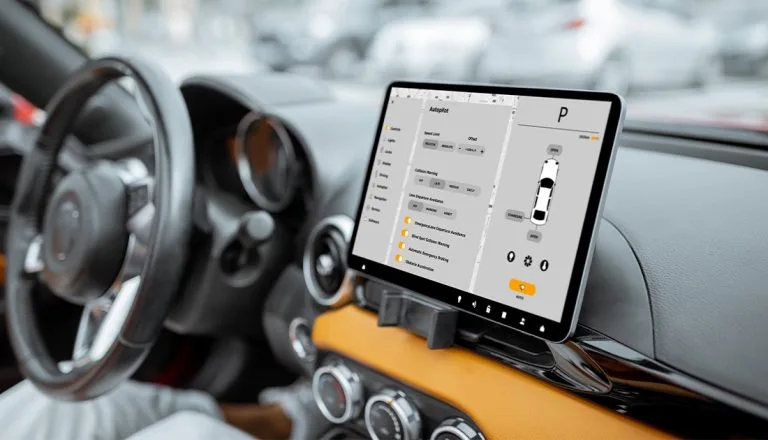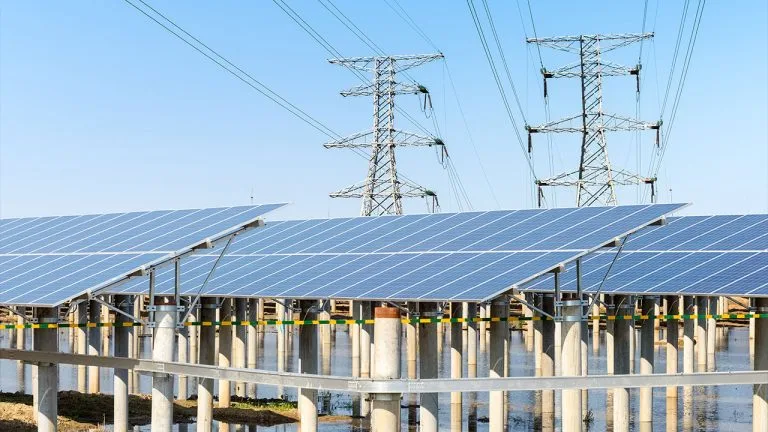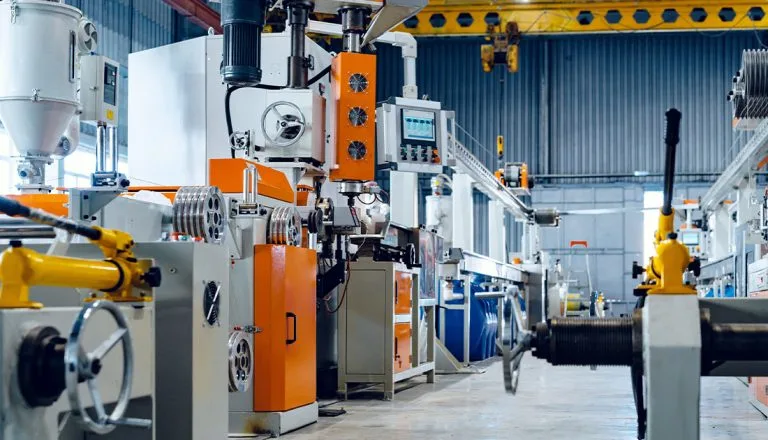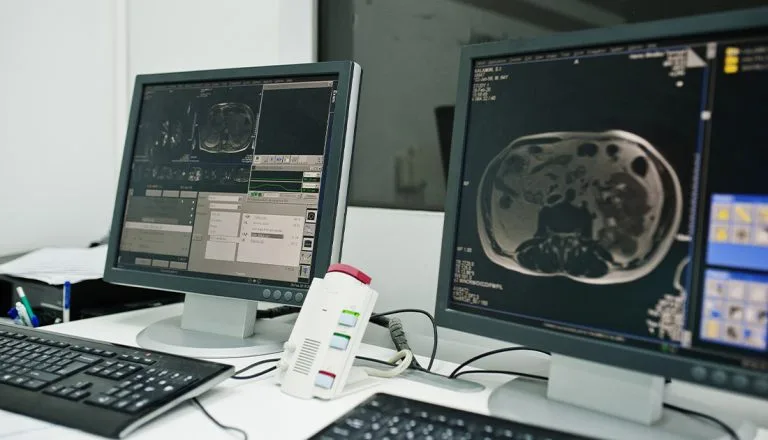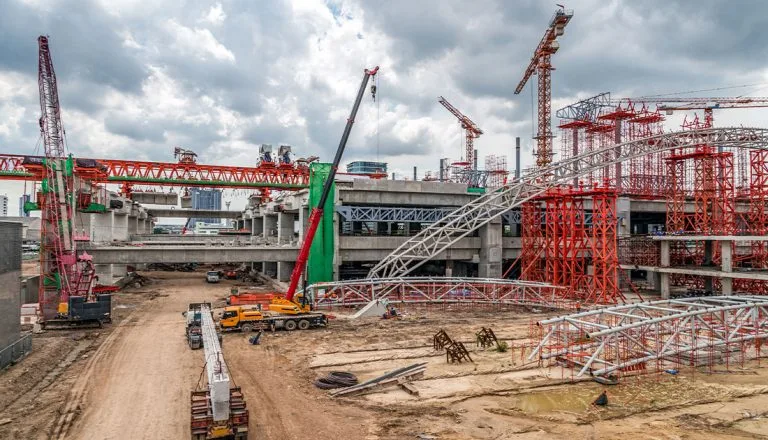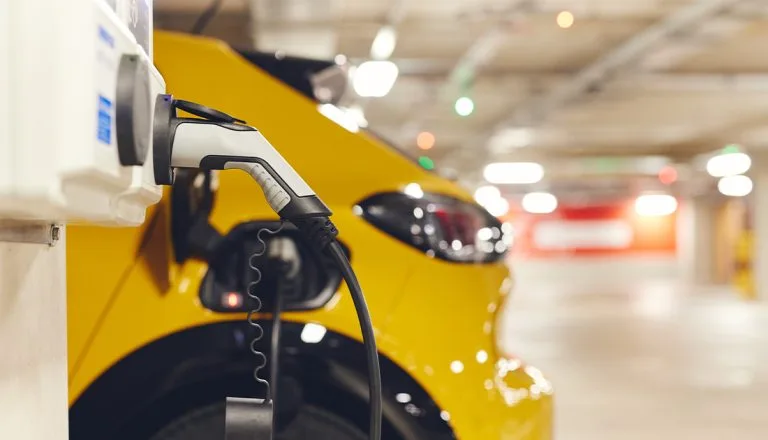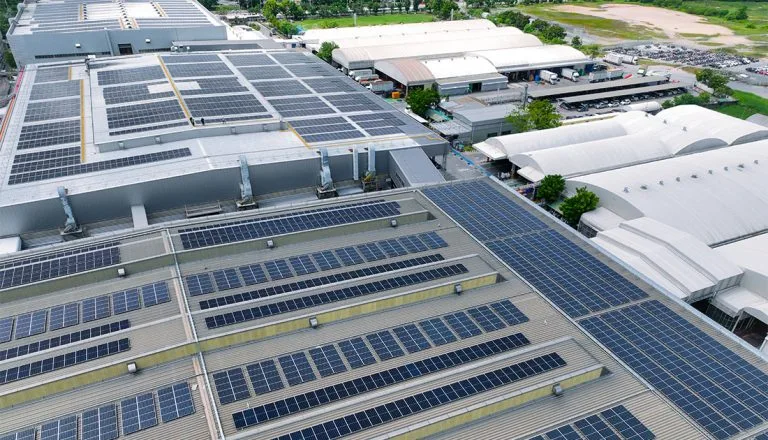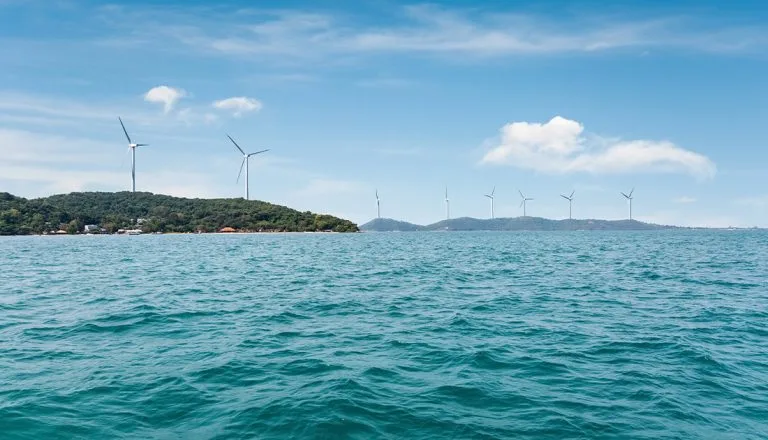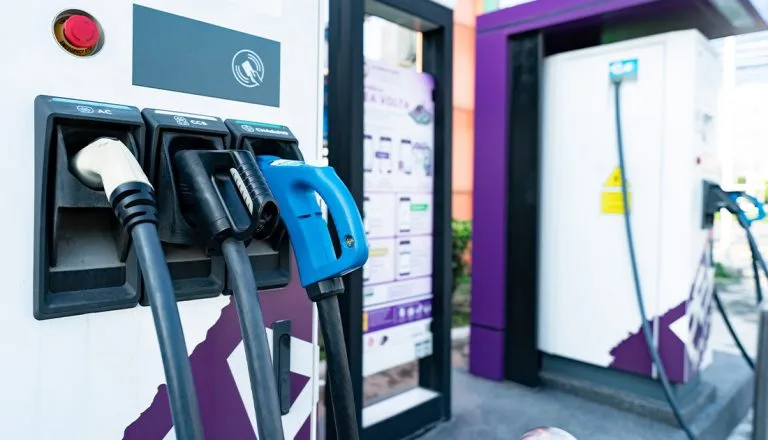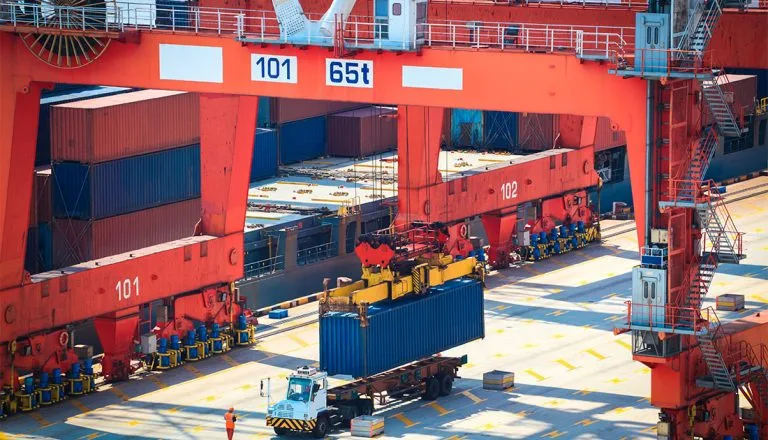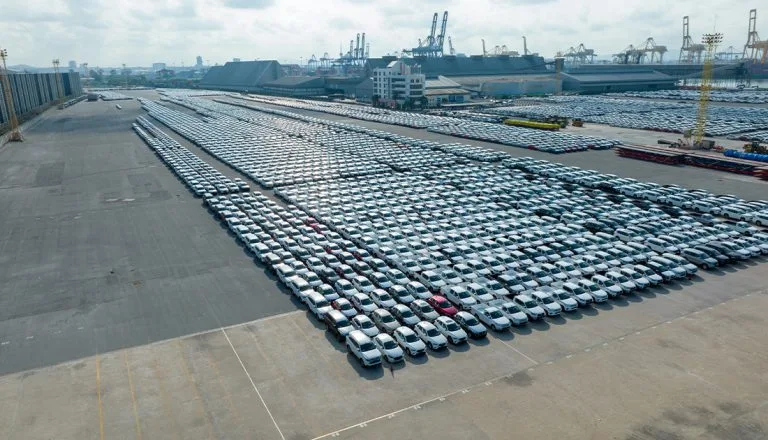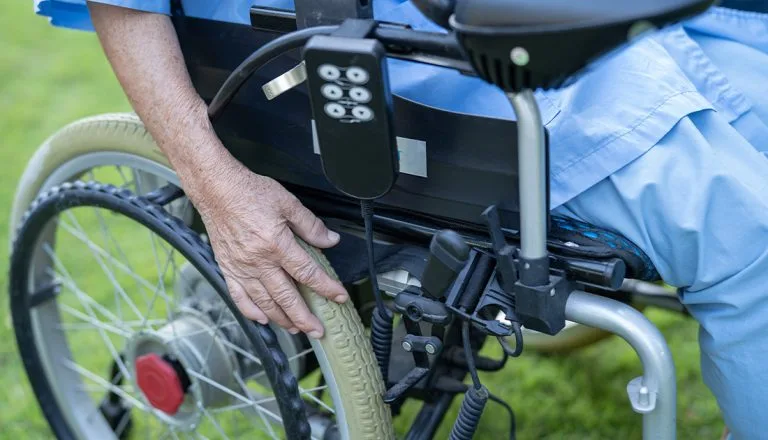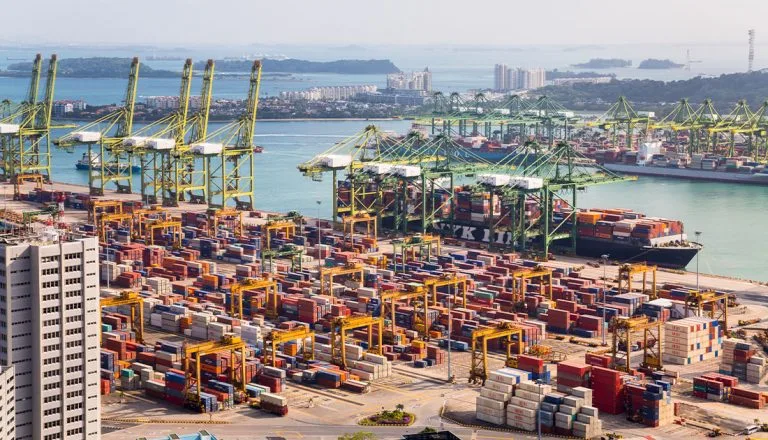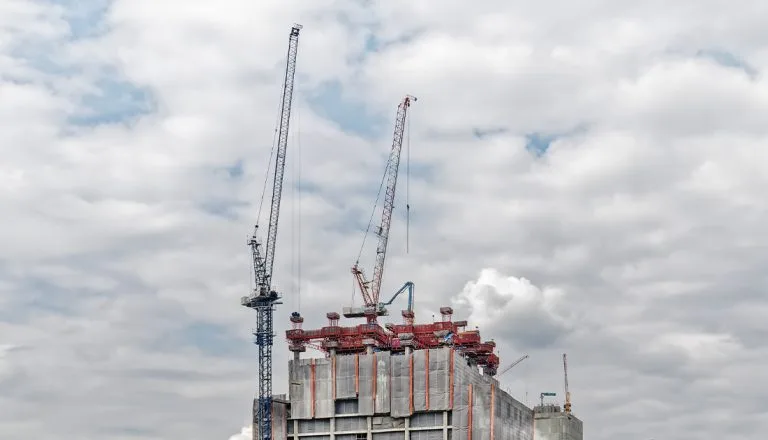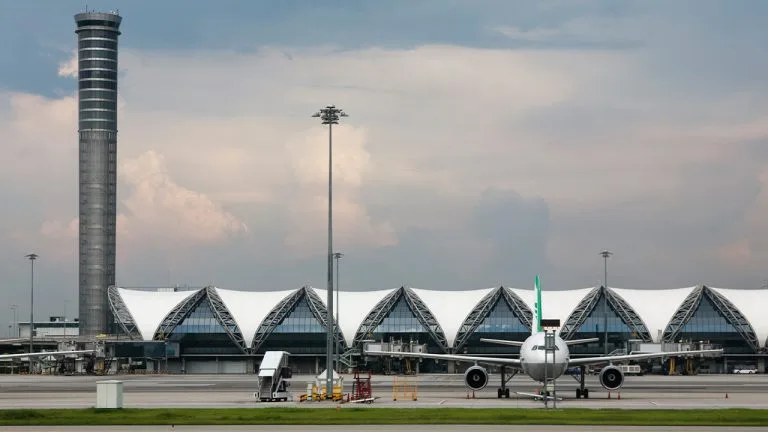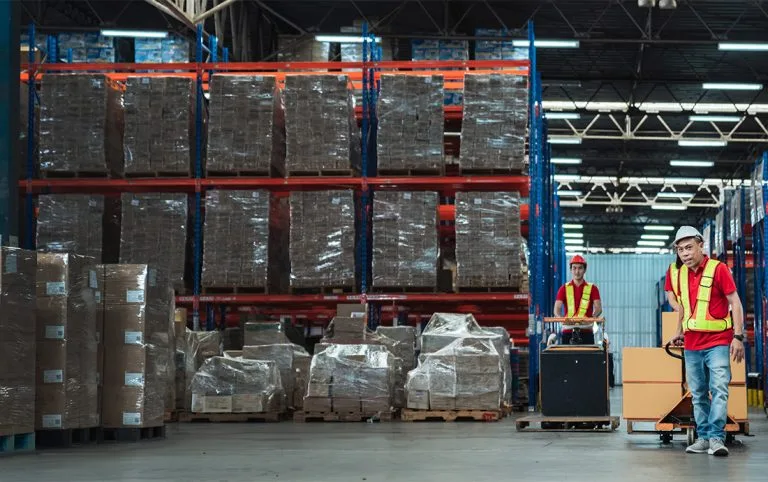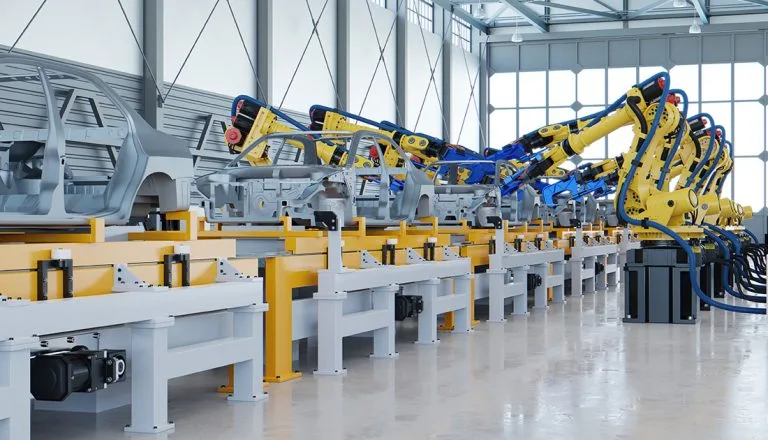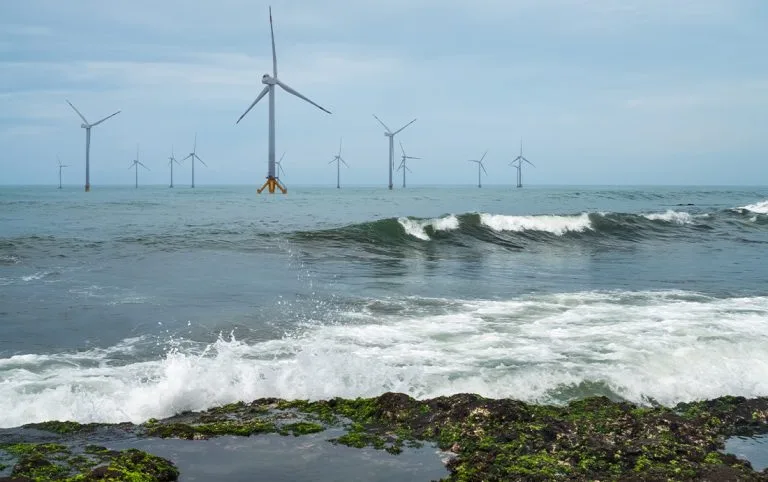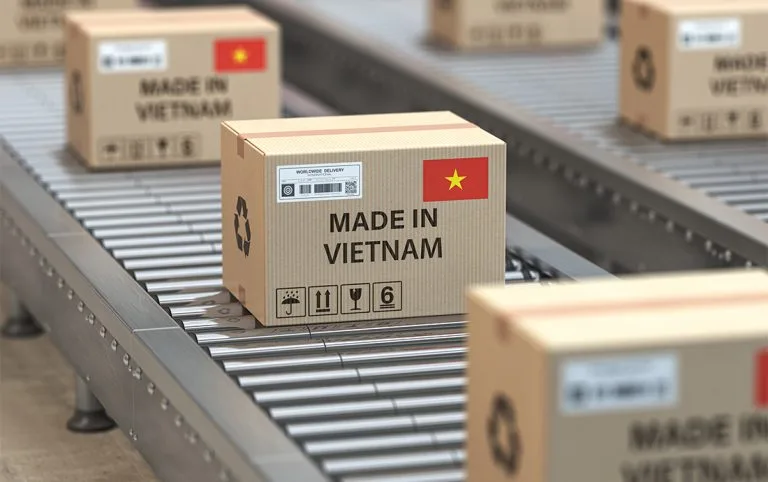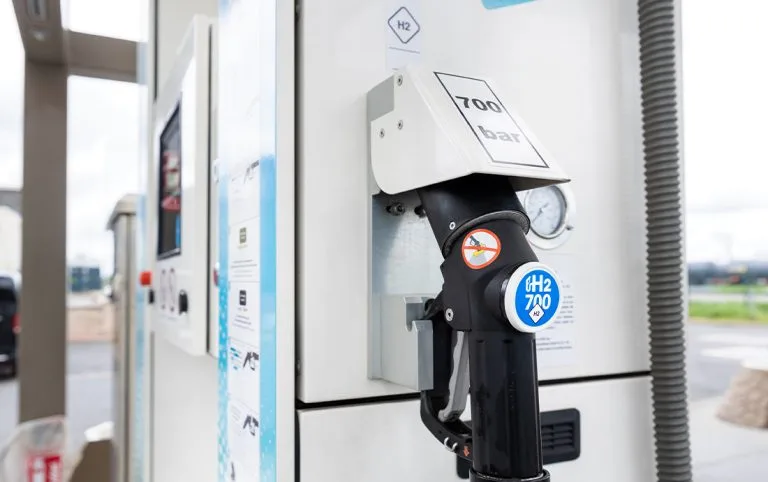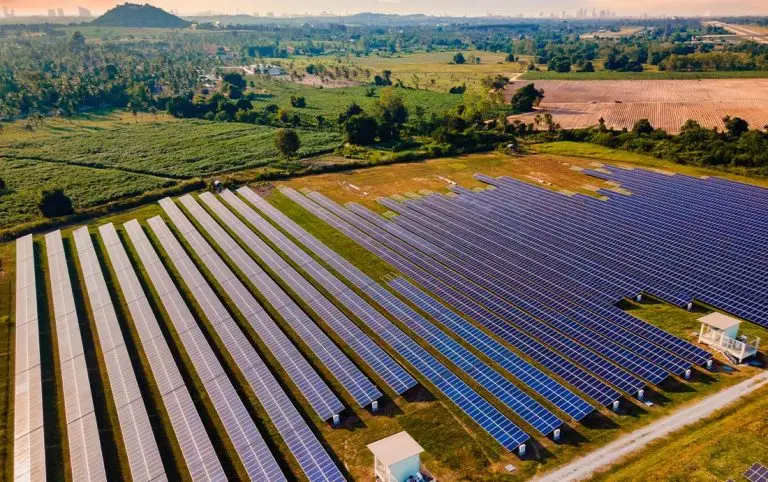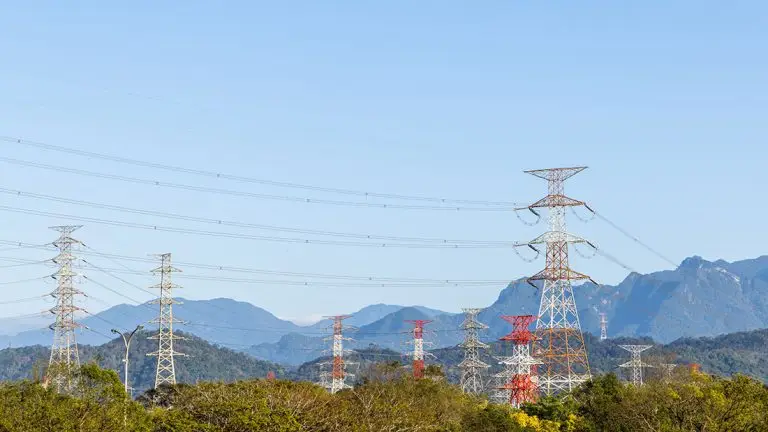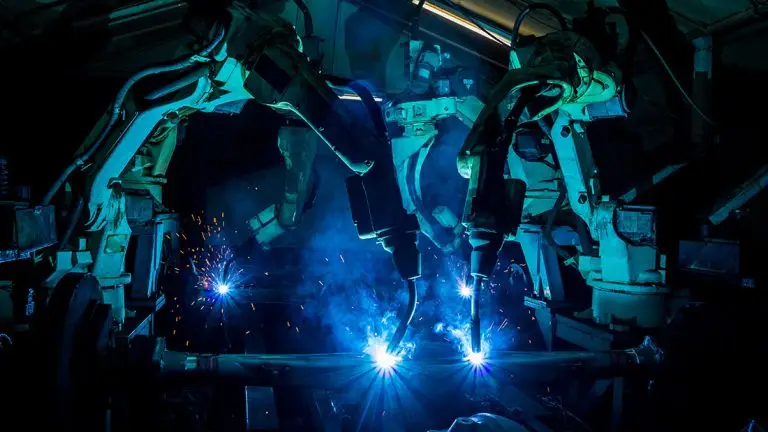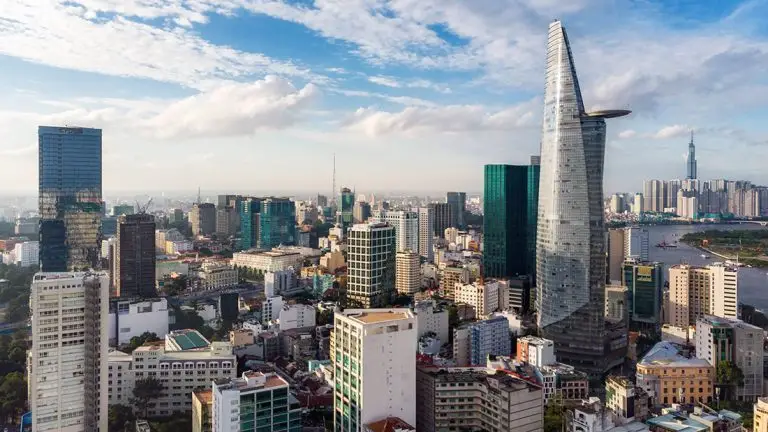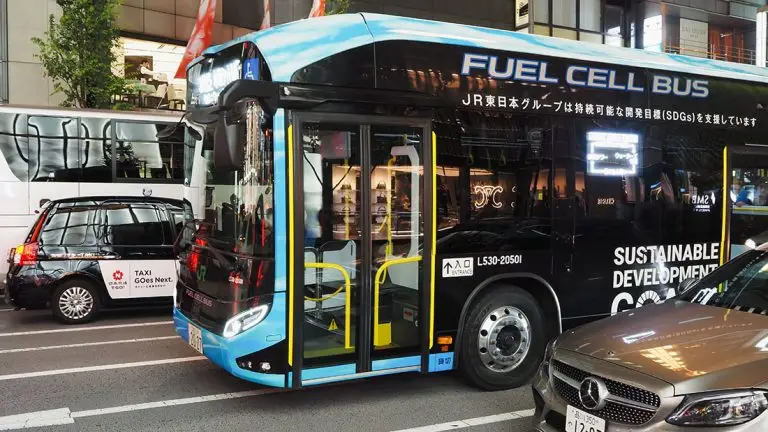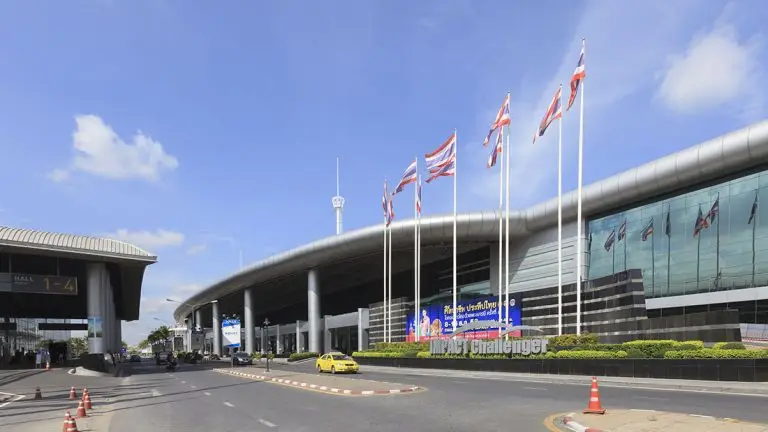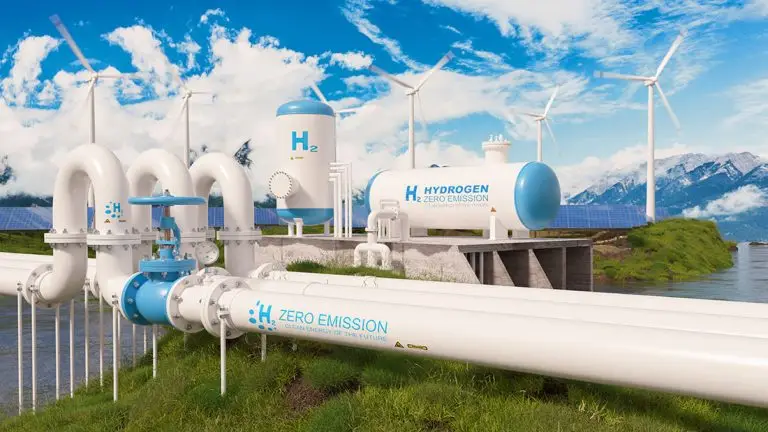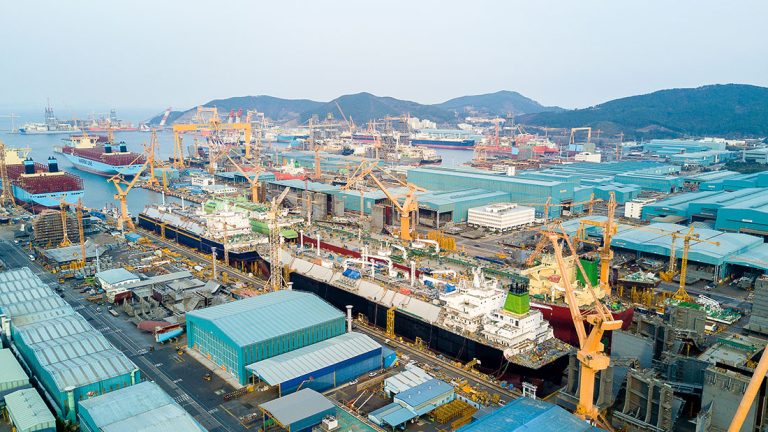- The Thai government is offering incentives for overseas firms investing in BEVs, PHEVs, electric buses, electric trucks, charging stations, and other related segments.
- Thailand aims to have all cars registered be zero emissions by 2035
- EV sales in the country could rise by as much as 40 percent this year
The Thai EV industry has grown rapidly during the past few years, partly thanks to investment from major automotive players. All types of electric vehicles are a common sight on the roads of Bangkok. With comprehensive government support, increasing public confidence and a strategic location, the county is primed to take another step forward. Asian Insiders’ Partner in Thailand, Axel Blom, shares details on what opportunities are currently available. For more insights, download our latest report, Asia’s Automotive Industry 2025: Opportunities and Challenges, by clicking here.
Thailand has been a leader in the adoption of electric vehicles, but there was some public trepidation about their viability. This appears to be changing. Surveys conducted over the past year showed that Thai consumers’ confidence in electric vehicles (EVs) is growing.
Short-term local demand for passenger EVs, electric buses, and electric commercial vehicles is predicted to grow as well. The battery electric vehicle (BEV) segment is one to watch as it recorded a nearly 400 percent increase in market value between 2021 and 2022 and is predicted to have a compound annual growth rate of more than 25 percent through 2027.
Last year saw a slight decline in EV sales which was due to a few different factors. Stricter loan requirements made it more difficult to secure financing. There were also uncertainties surrounding resale values and insurance coverage. These issues led several automobile insurers to introduce complex requirements, a decision former Electric Vehicle Association of Thailand President and industry leader Mr Krisda Utamote said caused potential buyers to rethink their decision.
The downturn is set to be a one-off. EV sales are projected to surge by as much as 40 percent in 2025. This coincides with increasing production capacity, which could reach 500,000 EVs annually.
The Thai EV industry remains a work in progress
Despite progress in production and consumer adoption, the Thai EV industry must address several challenges before it can realise its full potential. The most pressing issue is a lack of infrastructure. Charging points, maintenance centres, and other facilities are in short supply when compared to the number of EVs on the road currently and estimates moving forward.
Elsewhere, the Thai auto part manufacturing segment continues to attract overseas investment but must further develop an EV-based supply chain. The process of converting internal combustion engines (ICE) capabilities to EV ones has been uneven.
Government support
The continuation of Thailand Board of Investment (BOI) incentives for foreign companies active or entering the sector is also worth highlighting. The most recent was the approval of an eight-year tax exemption for joint ventures between Thai and foreign companies to manufacture automotive parts.
A key for the country is moving away from ICE automotive part production to BEV manufacturing. Companies looking for a presence in Asia are advised to consider Thailand given incentives available, well developed industry clusters, and the market’s long-term status as a leader in the automotive industry.
Many of the world’s top carmakers, alongside numerous parts manufacturers, are active in the Kingdom. The country was among the quickest in the region to pivot to EVs.
The move was seen as necessary for Thailand to remain a major manufacturing hub. While ICE vehicles still have a role to play in the country, the segment is starting to shrink with a few overseas brands having either scaled down ICE operations or shuttered factories entirely.
This is offset by what the Thai government has deemed “Next-Gen Automotive”, one of the sectors included in the Thailand 4.0 strategy. Through the BOI, firms investing in BEVs, PHEVs, electric buses, electric trucks, two- and three-wheel EVs, parts and components, and charging stations are eligible for various incentives.
These should help Thailand reach its ambitious production targets. Approximately 30 percent of passenger vehicles made will be zero emissions by 2030. The number made in the country is expected to surpass one million before 2035.
Current goals for zero-emission bus and truck manufacturing include having these make up nearly half of those produced by 2030. The aim is to increase production totals to more than 85 percent by 2035.
The country seeks to have all cars registered to be zero emissions by 2035. Notably, public perception of EVs in Thailand is increasingly positive as consumers are placing greater importance on the environment when purchasing a vehicle.
Opportunities
Thailand is committed to the development of charging stations with fast charging of particular interest. Innovations in this space to reduce costs are in highest demand. There is also a need for fast charging solutions that can be incorporated into Bangkok’s existing high-rise residential and office buildings, where parking space is limited.
Maintenance and post-sale aftercare are other areas where firms boasting technologies and expertise can come in and hit the ground running due to current shortages.
Meanwhile, opportunities remain for automobile manufacturers, but competition is quickly growing. Chinese EV firms have established a significant presence in the country and hold the majority of market share.
Electric buses will become more common after the Bangkok Mass Transit Authority (BMTA) revealed it is phasing out its combustion-engine fleet in favour of clean energy. Current plans call for the city to lease more than 1500 electric buses between 2025 and 2032. Similarly, an emphasis on commercial EVs is leading to increased demand for these.
Existing carmakers are looking for EV-based supply chain solutions. OEM auto parts manufacturers need assistance with adopting the technology, manufacturing, management, and organisation the production of EV parts and components requires.
Final thoughts
It is an uncertain and admittedly challenging time for the automotive sector as the threat of tariffs looms large. There are other obstacles as well. Foreign firms in Thailand face competition from Chinese companies, which have had a significant head start and are now active across Asia.
Seven of the ten leading passenger EV brands in Thailand by sales hail from China. Chinese manufacturers are now establishing parts factories and logistics facilities in an attempt to consolidate their position.
However, the situation is not insurmountable. Japanese car makers, long a leading player in the Thai automotive sector, have struggled to gain a foothold in the EV market. None feature in the EV sales top ten for 2024. Meanwhile, European brands like BMW and Volvo are experiencing success in the Kingdom.
Elsewhere, the Thai EV industry still requires significant investment in building up infrastructure. At the same time, existing manufacturers continue to seek out supply chain solutions and technologies capable of improving the production process.
Working with a partner on market entry in Thailand can ensure you locate the best opportunities and take advantage of all available incentives. Services from Asian Insiders provide an optimal strategy for success and position your company to expand when the time is right. This makes a huge difference in a competitive space like the automotive industry.
For additional information on Asia’s dynamic auto industry, download our latest report,
Asia’s Automotive Industry 2025: Opportunities and Challenges, by clicking here.
The Thai EV industry is strong and set for future growth. It remains open to foreign investment with attractive incentives available. To learn more, schedule a no-obligation call with Jari Hietala, Managing Partner: jari.Hietala (at)asianinsiders.com or Axel Blom, Managing Partner, Thailand, axel.blom(at)asianinsiders.com

